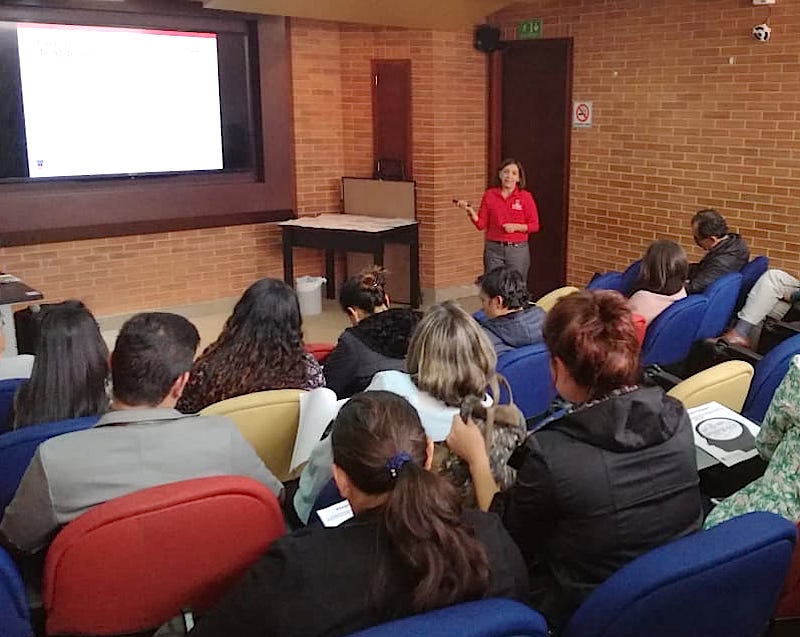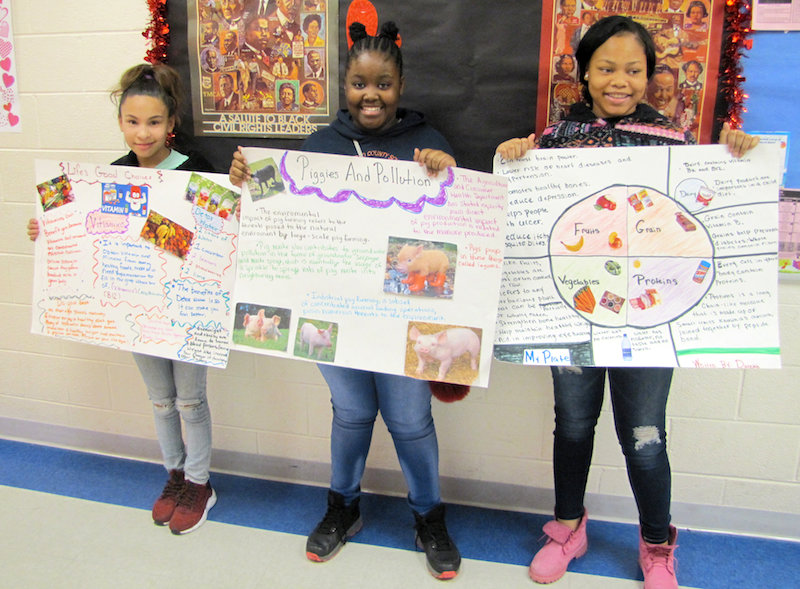 CAES News
CAES News
Holiday Exercise
The holiday season can be a challenging time for those who are trying to live a healthier lifestyle. From office parties to classic family get-togethers, it seems every event brings an endless array of delicious home-cooked dishes. It’s easy to see why so many Americans relinquish their commitments to eat smarter around the holidays.


SMALL.jpg)





